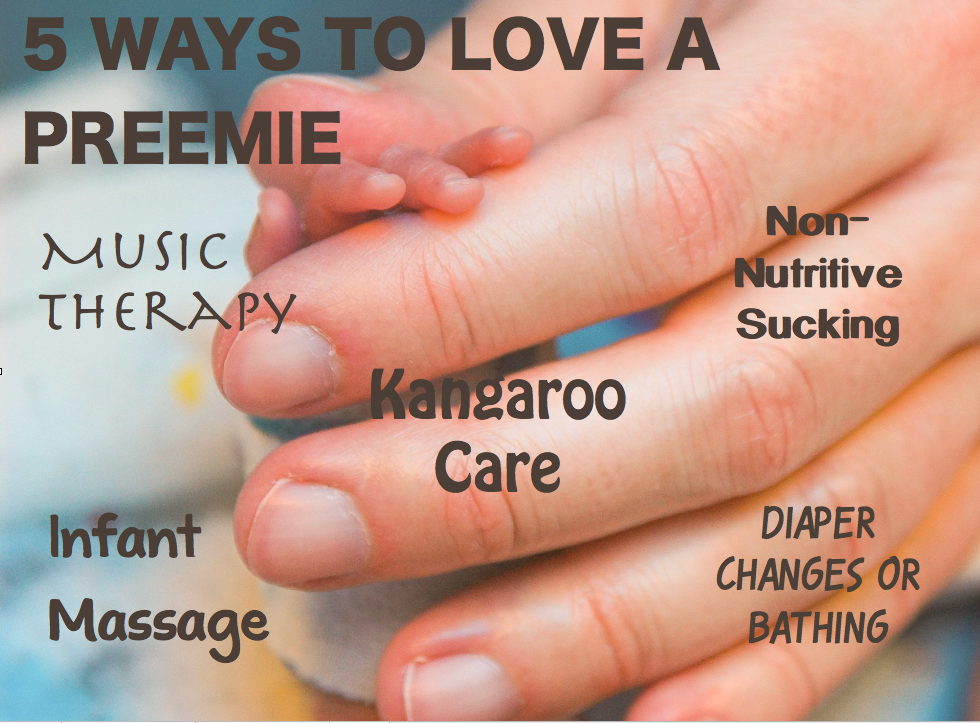According to the Centers for Disease Control (CDC), one in eight babies is born prematurely in the United States.
Immediately after these early arrivals are born, new parents are inundated with information about the potential illnesses, the likelihood of survival and the long course of treatment their newborns may face.
For some, the stress caused by focusing on these potentially negative outcomes while watching a child endure weeks of medical intervention is almost unbearable, and can lead to severe mental illness and the disruption of normal family life.
Tommy’s, a London based organization that funds research into issues surrounding pregnancy and childbirth, suggests that while most of the focus tends to be on the mother following a premature birth; fathers, siblings and even grandparents can also feel the same levels of overwhelming stress.
In an effort to combat the lasting impact premature birth can have on families, the National Institutes of Health (NIH) conducted a series of investigations to determine if intervention programs geared toward creating positive experiences for families of premature infants could change the outcomes for the better. In most of the investigations, intervention programs were found to not only improve the emotional state of families, but also resulted in improved long term outcomes for the babies.
The Hospital of the University of Pennsylvania is one of the many hospitals that provide intervention programs parallel to the NIH guidelines. At their bi-monthly “ICN Parent Coffee Hour”, parents of premature infants meet to talk about their experiences and to do something they don’t often get to do…focus on the positive.
Tracy D. (names changed to protect identity) the mother of 31 “weeker” twins (now two months old) often attends the Coffee Hour to share candid thoughts about her experience.
“I never knew how strong I was until I had my twins at 31 weeks. One of them came out unresponsive and had CPR immediately. I now know I am a strong woman. Having preemies makes you happy for the little things, and until you almost lose them you may not realize how lucky you are to have two screaming babies! It feels good to share that with other mothers who understand that.” Tracy says.
Sydney M., the mother of a 28 “weeker” and a past Coffee Hour participant also discusses her experience.
“I know for me, my faith grew stronger…it had to. My relationship with my husband grew stronger. We readily see the incredible gifts we have been given, and we know that it is only due to God that we have two perfect preemies, now two and a half and five months. We stop to smell the roses and take so much joy in the tiny little developments they make. Having my preemies gave me new heroes. I suppose all of those are indirectly positives for our children because we have become stronger because of them. We learned who our real friends are…the ones who understood why we weren’t social and were still there [at the hospital]. That said, if I never had to go through it again, I would be totally fine with that!”
While the parents of preemies appreciate the camaraderie found at the Penn ICN Coffee Hour and programs similar to it, the full impact of these programs may not be felt until long after the babies are home from the hospital.
According to Dr. Heather French, a Neonatologist at the University of Pennsylvania Hospital, outcomes for premature babies are not solely dependent upon medical intervention. She believes that programs like the Coffee Hour provide an important outlet for parents of premature babies, which often helps families adapt to their new lives.
She says, “Although we can look at a range of outcomes from a medical standpoint, when premature babies go home to a loving, stimulating environment they often succeed well beyond what the ‘statistics’ would dictate. It is important for families to be prepared for when their babies come home, and mental health and stability are an integral part of that process.”
